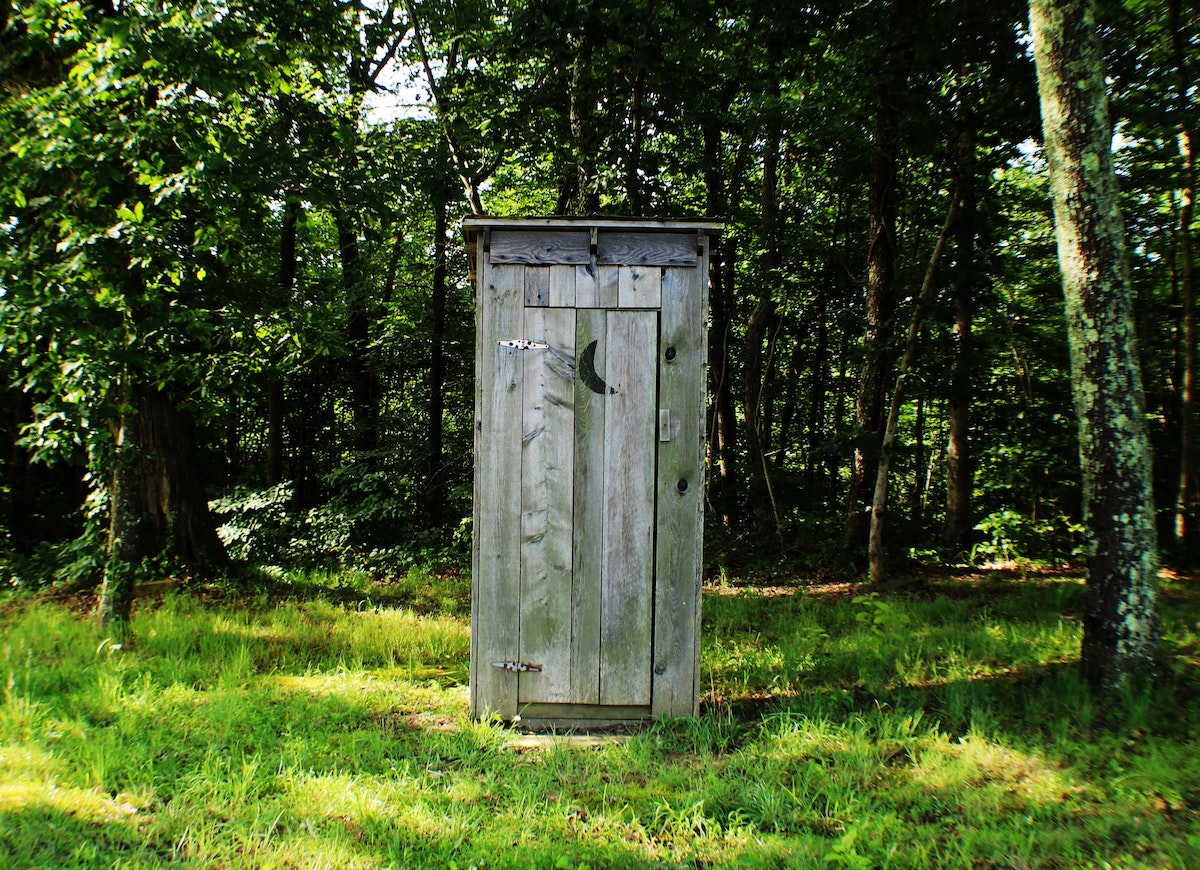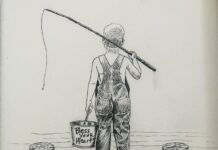
Her home once sat on a large plot three concrete steps up from street level in the small town of Monterey, Tennessee. It looked as if it belonged in the country instead of near downtown. The old house with its weathered brown boards and sagging front porch would appear to some as an eyesore, even in a tiny town.
The front porch held an assortment of worn wooden chairs where she and her daughters sat to shell beans, shuck corn, and escape the summer heat swelling inside. They watched as folks passed by and exchanged a wave or shouted a “howdy-do.” Once the neighbors saw those smiling faces, the house wasn’t in as bad shape as they initially thought.
Funny how our eyes are fooled by acts of kindness.
Inside the tidy house was a parlor that opened to a large kitchen equipped with a wood-burning stove, stacks of iron skillets, and a cabinet that held everything from baking soda to castor oil. On the large table, anchored in the room’s center, sat a wooden dough bowl where fresh biscuits were kneaded every morning, and folks enjoyed hot coffee poured from an old, dented, enamel pot.
Outside the kitchen door was a small rear porch near the well that supplied fresh water. Hoes, rakes, and buckets surrounded a small wobbly chair that could hold a weary soul after a long day. In its summer splendor, the garden rested on the back edge of the property just beyond the cherry tree and the outhouse with its half-moon carved door.
I loved to play between the outhouse and the cherry tree behind my great grandmother’s house in the summer. The old tree teemed with ripe red tempting fruit. I would climb to pick as many cherries as possible before I got caught by the mighty hands of my tiny, fierce Great Grandmother, Mollie Sparks.
“How many times have I told you, young’un, to not eat too many cherries because you gonna’ spend the rest of your day in that outhouse!” she would yell.
I knew I was immune to the side effects of too many cherries, and when she turned to walk back into the house, I continued climbing the tree to retrieve more delicious red goodies.
One day, however, I got sick, and she swore it was those cherries. I knew it was just a bug because, on that day, I had not climbed the tree. But the castor oil came out of the cabinet, and even though my mother was present, she knew she could not stand up against her grandmother’s will. I took the dreaded castor oil, and to my surprise, it wasn’t as bad as I feared it would be. Plus, it sure made the bug fly away.
The funny thing about facing fear: once you do, it usually flies away.
When my great Uncle Casto moved into the old house with his mother, Mollie, in their later years, he and the rest of the family, insisted she install indoor plumbing.
“What do I need plumbing for?” she asked her son and son-in-law. “I have been doin’ just fine all these years. That’s just a waste of a dollar!”
They built an indoor bathroom anyway, and of course, she stubbornly refused to use the new facilities until one night it became so icy in the mountains, she gave in. Afterward, she gathered the boys, and humbly said, “I know I sometimes can be right willful, but I do thank you.”
The funny thing about misplaced stubbornness: humility will usually stop it.
Well into her 80’s, Great Grandmother Sparks and Casto got into an argument over who grew the best garden. So, they built two to see which one would reap the best produce. Casto noticed his mother’s hoed rows were crooked, but he also knew cataracts blurred her vision. Many nights, when his mother was fast asleep, he took his hoe and, with a flashlight in hand, straightened her rows and cleared the weeds she missed.
Both gardens bloomed beautifully that summer with Grandmother Sparks laughing with glee, “See, mine is the best! I won because I have fewer weeds!” She never knew just why her garden was ripe with beauty.
The funny thing about unselfish love: it does make our spiritual gardens grow.
I went by the old property the last time I visited the Tennessee town where I was born. Mollie’s home is long gone, and now there are brick steps that lead up to a fine brick house with no front porch. It is pleasing to the eye but not as beautiful as the old run-down house, once filled with smiling faces and joyful giving hearts.
The funny thing about my life: I learned an awful lot from those fantastic folks who once walked between the outhouse and the cherry tree.
_______
Read more from Lynn Walker Gendusa in Now Habersham’s Faith section






